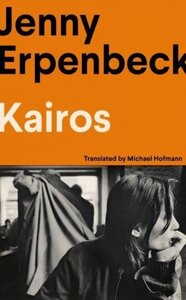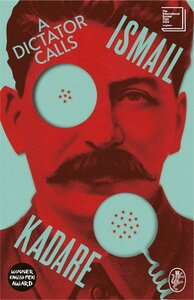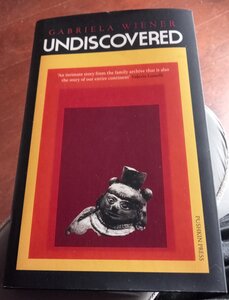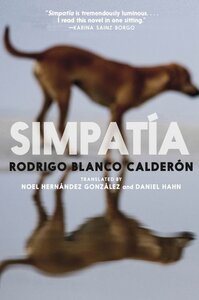According to Jenny Erpenbeck’s novel, Kairos is “the god of fortunate moments”. The chance moment that sets this story in motion occurs in East Berlin in 1986, as two characters meet on a bus: Katharina, a 19-year-old student; and Hans, a married man older than her father. They fall in love and begin an affair, and their thoughts are slightly to one side of each other from the start:
From now on, he thinks, the responsibility for their existence is entirely hers. He has to protect himself from himself. Maybe she’s a monster?
She thinks, he wants to prepare me for difficult times ahead. He wants to protect me. Protect me from myself, and so he gives me the power of decision over us.
He thinks, as long as she wants us, it won’t be wrong.
She thinks, if he leaves everything to me, then he’ll see what love means.
He thinks, she won’t understand what she’s agreed to until much later.
And she, he’s putting himself in my hands.
Translated from German by Michael Hofmann
Over time, the couple’s differences and contradictions emerge more sharply, with Hans emerging as abusive and controlling. In the background, life is changing after the fall of the Berlin Wall. Things don’t necessarily turn out as the characters may have expected, with the reunification or their relationship.
Kairos does not present a straightforward one-on-one allegory between wider society and the protagonists’ affair. But relationship and society echo each other in the ways that they change, and the result is a novel that opens up further as you venture in.
Published by Granta.
Click here to read my other posts on the 2024 International Booker Prize.
Like this:
Like Loading...











Recent Comments